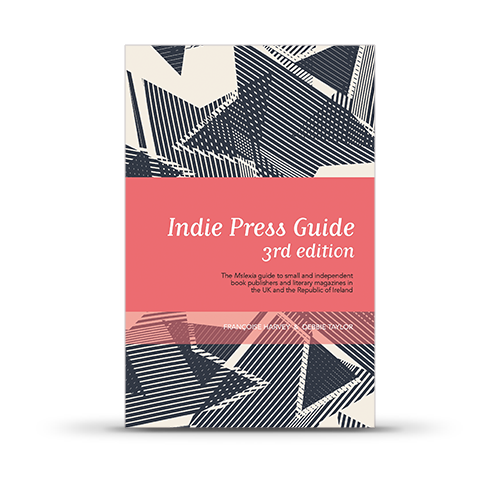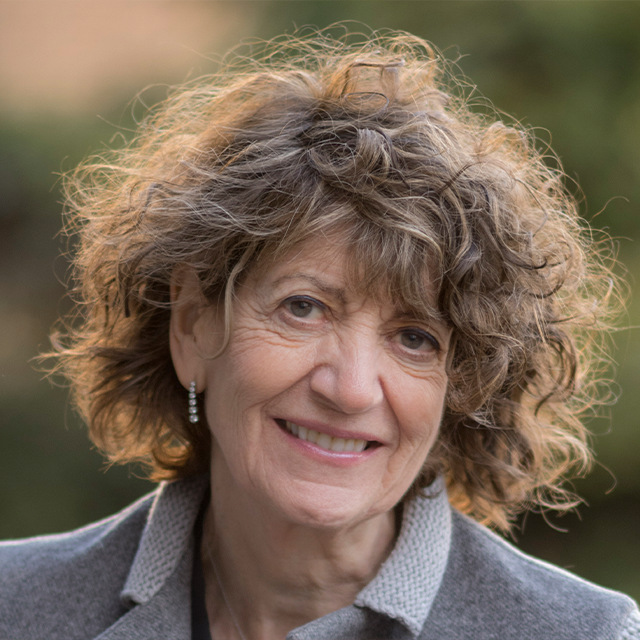.png)
I didn’t write until I was 30 – if you don’t count A-level exam essays (when you just had to) and essays for university tutorials, that is. It wasn’t just a question of not being able to write (that I was sure I couldn’t do). It was more a sense that writing was beyond anything I might consider.
Those who knew how to write were different, especially fortunate. They had something elusive and mysterious about them. For types like me, writing was an obstacle, sometimes a torture, certainly an enigma. I didn’t fit in with the current images of the woman author. I wasn’t an agonised artist who had to write. I wasn’t a professor whose position justified her writing. And I certainly wasn’t a bluestocking (how insulting that phrase now sounds) prepared to forgo other pleasures in order to commit herself to her vocation.
Twenty-two years on, and well over a million words later, I have an identity as a writer. It isn’t my only identity, but it is one I am comfortable with: because some aspects of the process have now become sufficiently demystified for me to feel that writing isn’t reserved for the special, the particularly gifted, or the unusually tormented.
That leaves the not-so-minor question of what prevents us believing that we have something worth saying. And then whether we will be capable of finding the words to say it.
Wanting to write, believing that one can write, can feel to many women that they are breaking a taboo
A big difficulty that stands in the way of women writing (especially of writing for publication) is the presence of an audience. We may long to be heard, to be seen, to be appreciated at a deeper level. But we may also fear that to write means to be read. And to be read means claiming that we have something to say. Such a claim, we fear, may be just a hop, skip and a jump away from exposing some awful arrogance and self-importance.
Wanting to write, believing that one can write, can feel to many women that they are breaking a taboo. They feel they are making a claim to a space they don’t feel quite entitled to; revealing a desire to be heard, to move people, to make them laugh, to have their ideas engaged with properly.
But why should this be a problem? Why should a wish to express ourselves and affect others – make them laugh, wince, sigh, think – be a source of conflict? Why shouldn’t women be thrilled that they have things to say? Why should women be embarrassed at being seen, being heard, and being taken seriously?
Despite the changes in our lives over the last 25 years, many women (hopefully not as many girls) still harbour tremendous confusion and conflict about being visible. They operate an internal licensing system as to what aspects of their personalities and their longings they can allow to come to light. Writing – with its permanence, its visibility, its indelibility – challenges their restricted sense of entitlement. Way beyond the words it contains, writing challenges the deeply-embedded conviction of many women that their viewpoint is not quite valid or significant enough, so that if they dare to write at all, then the writing had better be incontestably good.
For so many years, a woman’s psychology has been structured in ways that require her to be cognisant of the needs and desires of others, and to identify her own needs via the meeting of the needs of others – in essence to be a midwife to the productions of others. This means that writing, with its request that the reader enter territory the author has shaped, can feel almost too forceful; too demanding, too visible.
Writing (unlike speech, which can be revised as it is being spoken) freezes a woman’s views. She can be judged without the possibility of adjusting what she is saying to take account of the responses of others. In writing it can feel as though one is staking a claim that feels illegitimate – or at the least anxiety-provoking. Who do I think I am? How dare I ask people to read me? It goes against the grain.
We have to remember that we are frightened, anxious – and somewhat excited. We can’t wait for that fear to subside. It won’t
The discovery that girls and women tend not to persist in their writing efforts, fail to submit their work for publication and are so easily discouraged, can be understood then, not as evidence that women can’t write nor that they don’t have anything to say; but rather that for many women, writing confronts a deeply-internalised taboo. And this makes it easy for us to falter at every step of the writing-publication process.
Engaging with our fears means addressing the many different ways in which this taboo binds up our minds and our actions, so that we can release the energy to discover new responses. As women and girls today dare to challenge what they have absorbed, they are initiating processes that not only give voice to all of us, but also extend the practice of writing.
Writing may be difficult, but that’s not because we don’t have the words. We do. We just (just) have to remember that we are frightened, anxious – and somewhat excited. We can’t wait for that fear to subside. It won’t. We have to accept that it is only in the doing that we have a chance of modifying our experience, challenging the taboos, and becoming as noisy and visible as a part of us desires.
-------------------------------------------------------------------------------------
Susie Orbach is a psychoanalyst, psychotherapist and writer. She co-founded the Women’s Therapy Centre in London in 1976 and the Women’s Therapy Center Institute in New York City in 1981 and is author of 12 books, the latest being In Therapy, based on her BBC Radio 4 series. She is the recipient of a Lifetime Achievement Award by the British Psychoanalytical Society.
This piece was originally published in the launch edition of Mslexia in 1999 and reprinted in our 20th Aniversary edition in 2019.
-------------------------------------------------------------------------------------


